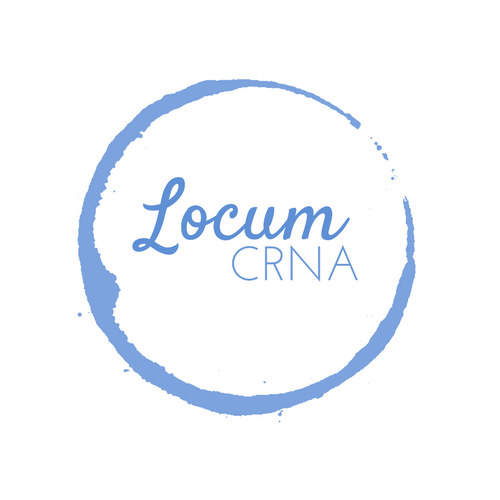by Jeremy L. Stanley, CFP®, AIF®
Today, over 14% of CRNAs work as 1099 contractors or freelancers*. Some of the perks of freelancing include controlling your own schedule, the potential to earn a higher hourly rate while saving more for retirement as well as increased satisfaction in your work. However, many freelancers don’t have the basic business skills to manage a profitable enterprise. At CRNA Financial Planning®, we help CRNAs start and manage their 1099 freelance businesses. Here are a few tips for setting yourself up for freelancing success:
1. Start with a Budget
We suggest calculating your baseline earning requirements to make sure you’re able to pay your bills and live within a comfortable budget. Tax treatment of freelancing income is different than W-2 employment income, so you’ll need to plan accordingly. By calculating how much you need to live, you can estimate the number of hours you’ll need to freelance to meet those needs.
2. Save a Cushion First
Before you quit your full-time position to start working as a 1099 contractor, it’s important to save a buffer in case your income takes a dip. At CRNA Financial Planning®, we recommend a savings cushion of six to nine months of your normal income before you make the move. Freelancing income can vary more than W-2 employment income, so having extra cash is important to keep your finances healthy.
3. Stay Organized
If you lose track of your finances, your business can become overwhelming and stressful. Keep your business and personal finances separate and use separate bank accounts to stay organized. This will help you keep track of business expenses and will make filing your taxes much easier.
4. Plan for Taxes
Speaking of taxes, when you run your own business, you are responsible for setting aside money to pay your taxes. We recommend putting aside at least 25% of your income in a savings account for taxes. Work with an experienced financial professional to estimate exactly how much of your income you’ll need to save, which will vary depending on your actual income and expenses.
5. Get Insurance
Working for yourself can be stressful enough when you’re healthy, but an illness or injury could be catastrophic for your finances if you don’t have proper health and disability insurance. Be sure to speak with your financial advisor to make sure you have adequate coverage.
6. Save for Retirement
As soon as you start earning income, make a habit of saving at least 10% for your retirement through automatic withdrawals. You will not have access to an employer-sponsored retirement plan, but there are various other tax-qualified retirement plan options that can be
set up a through your financial advisor. Saving automatically will ensure that you don’t get behind in your retirement savings.
Freelancing can offer significant opportunities to potentially earn more, save more and retire earlier. While there are important pros and cons to consider, learning more about the business side of freelancing can help you become better prepared to make the right choices for your lifestyle.
Need Help?
At CRNA Financial Planning®, we work with CRNAs to help them make informed financial decisions through education. We understand the employment dynamics that are unique to CRNA professionals and can help explain the options available to you and strategies that we recommend. To learn more about starting a freelancing business, email us at inquiry@crnafinancialplanning.com, call our office at 855.304.3748, or visit our website.
About Jeremy Stanley
Jeremy Stanley is the founder of CRNA Financial Planning®. He has been providing advice and guidance to Certified Registered Nurse Anesthetists (CRNAs) for over two decades. As a CERTIFIED FINANCIAL PLANNERTM, Jeremy has met rigorous certification and professional standards set by the CFP® Board. He is committed to adhering to the principles of integrity, objectivity, competence, fairness, confidentiality, professionalism and diligence when dealing with clients. Jeremy is also the author of the book “The Wealthy CRNA,” which lays out a foundational roadmap for CRNAs to help them plan their financial futures.
*http://www.beckersasc.com/anesthesia/6-statistics-on-crna-and-nurse-anesthetist- compensation-and-employment.html
Securities offered through LPL Financial, Member FINRA/SIPC. Investment advice offered through Private Advisor Group, a registered investment advisor. Private Advisor Group and CRNA Financial Planning are separate entities from LPL Financial.
This information is not intended to be a substitute for specific individualized tax advice. We suggest that you discuss your specific tax issues with a qualified tax advisor.
